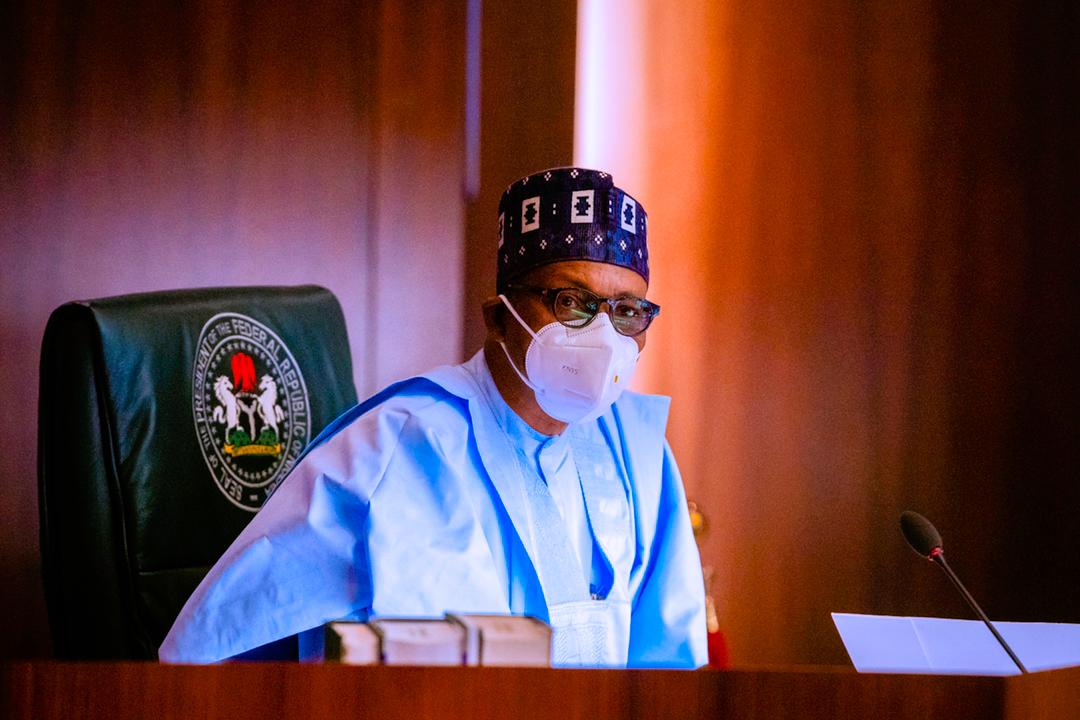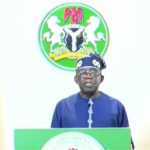If diplomacy is “the patriotic art of lying for one’s country” as Ambrose Bierce puts it in the Devil’s Dictionary, 1906, then there cannot be a better choice as Nigerian ambassadors than the immediate past service chiefs.
Projecting and protecting Nigeria’s image overseas via any means possible, including every shade of lie is the main task of an ambassador.
- FG hastening economic recovery — Finance minister
- Open grazing no longer sustainable – Northern governors
To achieve this, one must be thoroughly conversant with the policies, feelings, and inclinations of the government in power.
In fact, insider knowledge of the failings and weaknesses of the government, most especially the scandals that need to be covered, is an added advantage.
Who then is more qualified to the title “Nigerian Ambassador/High Commissioner” than the men who presided over the country’s most spectacular failure of recent decades?
From its pariah position during the darkest days of the Abacha dictatorship to the massive goodwill generated and later squandered by the Obasanjo administration, Nigeria had always been synonymous with corruption and under-development.
Internationally, Nigeria and Nigerians of whatever extraction or social standing are regarded more as a problem than a solution provider.
Where Nigeria had not registered its name in infamy used to be the field of insecurity and terrorism.
However, the vicious campaign of Boko Haram fighters put paid to all that.
Boko Haram’s particular brand of violent extremism and its destabilising effects on the Lake Chad region brought Nigeria to the limelight of international diplomatic circles.
The Buhari administration rode on the wave of despair and the much-derided ‘cluelessness’ of the Goodluck Jonathan government to clinch power in the first win for an opposition party in Nigeria’s federal elections since independence.
Muhammadu Buhari, retired Major General and former Commander-in-Chief of the armed forces of the Federal Republic of Nigeria returned to power with assurances of tackling the insecurity ravaging the country.
After initial successes in liberating towns once captured by Boko Haram, the Buhari administration failed woefully in containing the security challenges facing the country.
Apart from a resurgent Boko Haram, widespread kidnappings, banditry, inter-regional conflicts, and threats of secession have combined to make the lives of ordinary Nigerians insecure.
All these failings became exacerbated under the watch of the immediate past service chiefs whom Buhari allowed to stay in office despite serving beyond their retirement time.
They had been accused of poor leadership, poor coordination of intelligence, and outright embezzlement and mismanagement of the huge amounts spent on the country’s budget.
So when the presidency finally decided to relieve the ex-service chiefs of their appointments, some Nigerians deluded themselves into believing that the government had acceded to their calls and was about to take punitive action on the failed service chiefs.
It is, therefore, a shock to those same Nigerians to learn that the ex-service chiefs are now well on their way to becoming Nigeria’s ambassadors to the international community.
That shock betrays a lack of understanding of the workings of the Buhari administration.
The man who dismissed the threat of Boko Haram with a wave of his hands before coming to power and ‘technically’ defeated it within months of his first tenure is understandably sensitive about the widespread insecurity in the country.
Mr Buhari is notoriously irresponsive to the yearnings and aspirations of Nigerians but always voluble in addressing the concerns of foreigners.
It goes without saying then that this president is very much at pains to convince the international community that he is doing his best to solve Nigeria’s security issues.
And who else is the most qualified to help him disseminate such information than the very generals who led the administrations’ fight against insecurity?
Maude Rabiu Gwadabe sent this piece from Kano

 Join Daily Trust WhatsApp Community For Quick Access To News and Happenings Around You.
Join Daily Trust WhatsApp Community For Quick Access To News and Happenings Around You.


